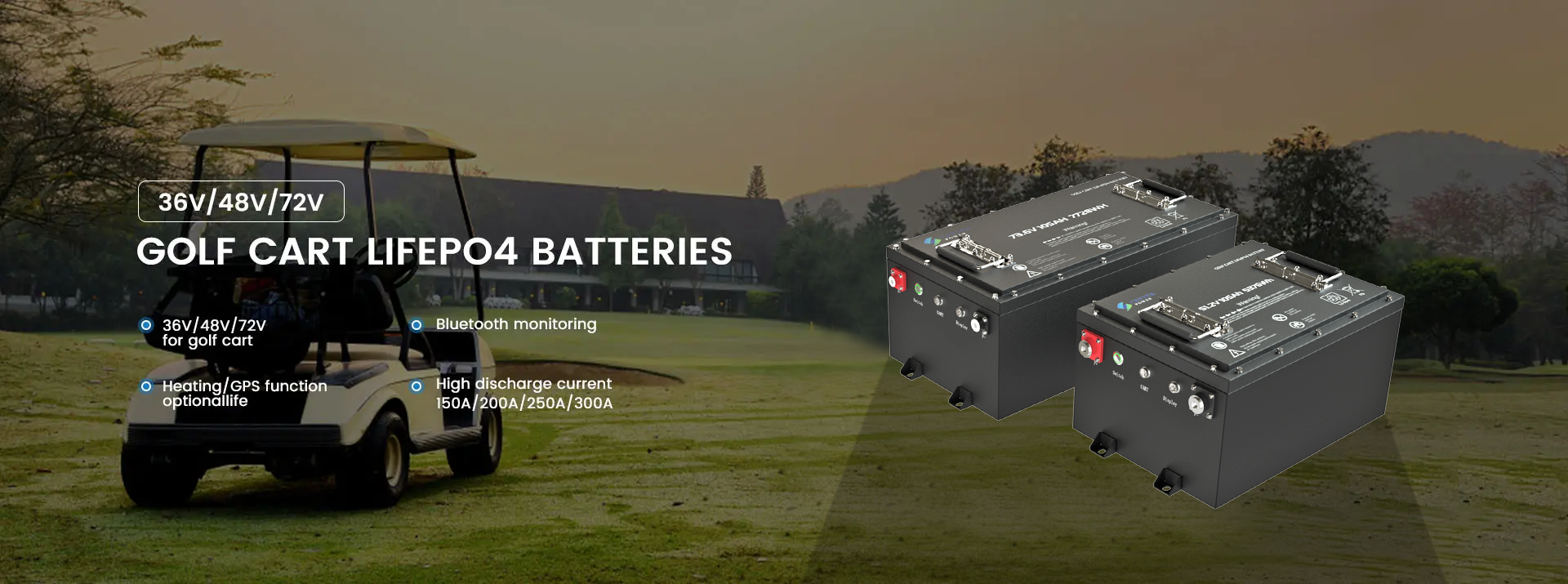To choose the right car battery, consider the following factors:
- Battery Type:
- Flooded Lead-Acid (FLA): Common, affordable, and widely available but requires more maintenance.
- Absorbed Glass Mat (AGM): Offers better performance, lasts longer, and is maintenance-free, but it's more expensive.
- Enhanced Flooded Batteries (EFB): More durable than standard lead-acid and designed for cars with start-stop systems.
- Lithium-Ion (LiFePO4): Lighter and more durable, but usually overkill for typical gas-powered cars unless you're driving an electric vehicle.
- Battery Size (Group Size): Batteries come in different sizes based on the car’s requirements. Check your owner’s manual or look up the current battery’s group size to match it.
- Cold Cranking Amps (CCA): This rating shows how well the battery can start in cold weather. Higher CCA is better if you live in a cold climate.
- Reserve Capacity (RC): The amount of time a battery can supply power if the alternator fails. Higher RC is better for emergencies.
- Brand: Choose a reliable brand like Optima, Bosch, Exide, ACDelco, or DieHard.
- Warranty: Look for a battery with a good warranty (3-5 years). Longer warranties usually indicate a more reliable product.
- Vehicle-Specific Requirements: Some cars, especially those with advanced electronics, may need a specific battery type.
Cranking Amps (CA) refer to the amount of current (measured in amperes) that a battery can deliver for 30 seconds at 32°F (0°C) while maintaining a voltage of at least 7.2 volts for a 12V battery. This rating indicates the battery's ability to start an engine under normal weather conditions.
There are two key types of cranking amps:
- Cranking Amps (CA): Rated at 32°F (0°C), it’s a general measure of the battery's starting power in moderate temperatures.
- Cold Cranking Amps (CCA): Rated at 0°F (-18°C), CCA measures the battery's ability to start an engine in colder weather, where starting is harder.
Why Cranking Amps Matter:
- Higher cranking amps allow the battery to deliver more power to the starter motor, which is essential for turning over the engine, especially in challenging conditions like cold weather.
- CCA is typically more important if you live in colder climates, as it represents the battery's ability to perform under cold-start conditions.

Post time: Sep-12-2024





